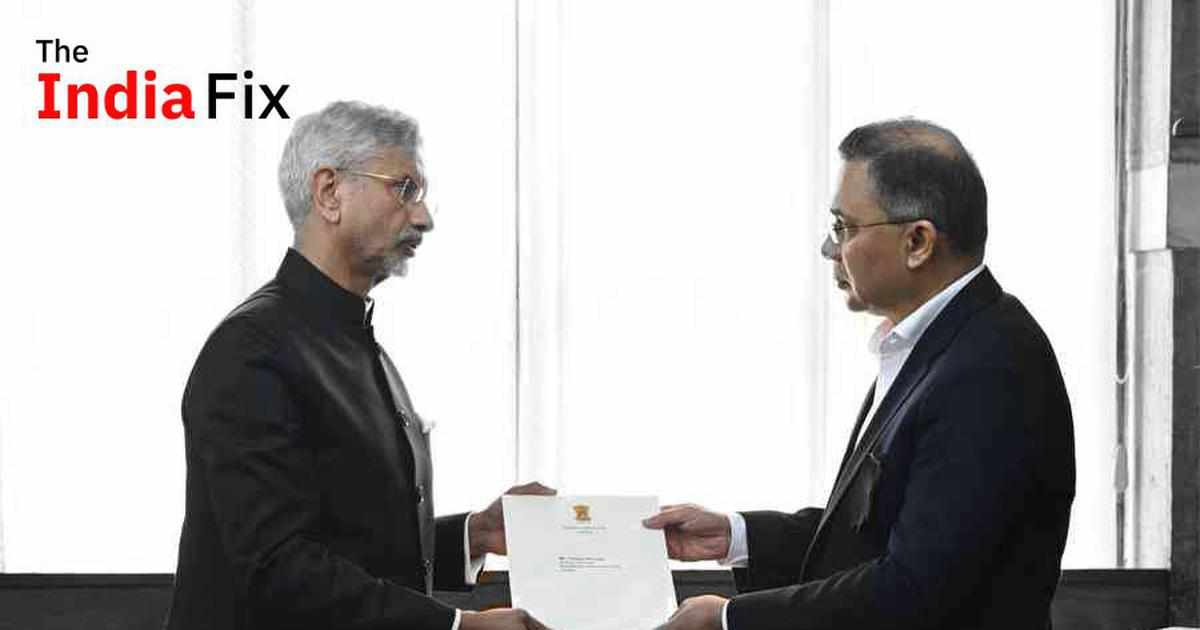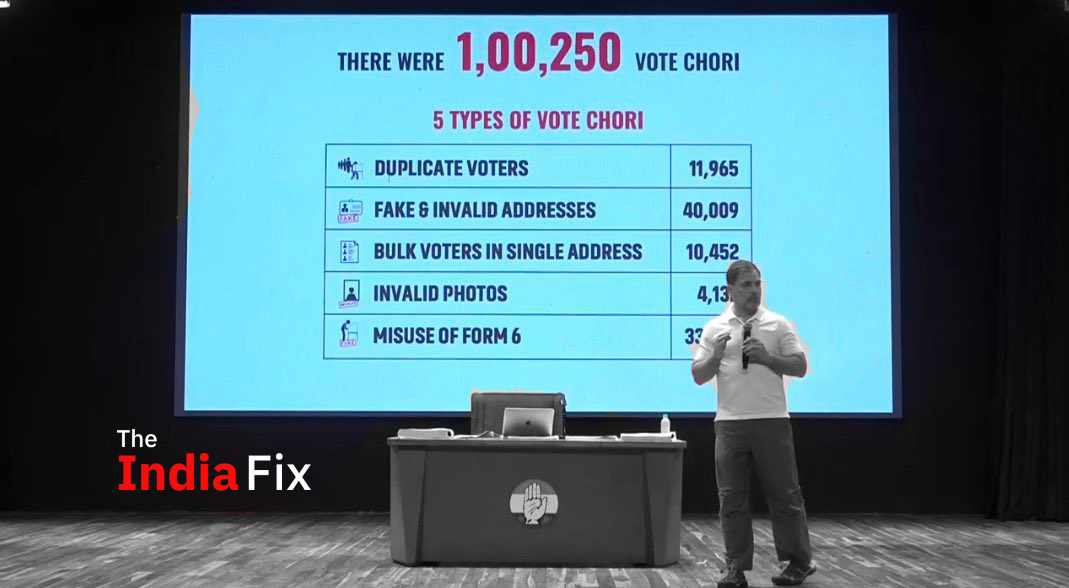
Welcome to The India Fix by Shoaib Daniyal. This time we have a rare newsletter on global politics: the upcoming US elections. We ask, how will it affect the world – and India? Or will it at all?
As always, if you’ve been sent this newsletter and like it, to get it in your inbox every week, sign up here (click on “follow”).
On November 5, the United State of America will elect its 47th President in an election that many Americans see as the “most important election in history”. The choice is between Kamala Harris, the current vice president to President Joe Biden, and Donald Trump, the previous president.
The two represent dramatically varying visions of the United States: Harris is a flagbearer of the country’s dominant liberal tradition while Trump represents a sudden and unstable new populist authoritarianism. Rarely do elections have opponents who so starkly differ from each other ideologically. Trump’s populism is such a clear break from dominant US politics that many senior leaders from his own party have endorsed Harris.
An American emergency
For example, Trump has promised to withdraw American troops from other countries and instead deploy them within the US to combat “radical, left loonies”. He has vowed to be a dictator for “one day” in order to stop migrants from entering the US and to drill for oil. His politics will severely hurt women’s rights, with the right to abortion already overturned by a conservative Supreme Court. And, of course, Trump all but attempted a coup after he lost the last election in 2020.
For all its faults, American democracy has maintained a remarkable record of peaceful transfers of power. That Trump threatened to break that just four years ago shows how much of a danger he is to American democracy. If you are American, you have very legitimate reasons to be afraid of Trump. Trump represents an existential threat to American democracy in its present form, ever since universal suffrage was instituted in the 1960s as a result of the Civil Rights movement.
But what if you are not American, though?
In that case, the moral lines around who wins the election on November 5 become a bit fuzzier.
On Gaza
Take Palestine – the defining moral question of our time. Several experts, governments and even United Nations agencies have accused Israel of carrying out a campaign of genocide in the Gaza Strip over the past year. Critical to Israel’s aggression has been the political, financial and military support Washington provides.
Will the elections change that? Unlikely. Both candidates have expressed support for Israel and refused to condemn its unchecked killing and displacement of Palestinian civilians. While there is little difference in policy, Trump seems to be benefitting marginally given that Harris is part of the current administration and directly responsible for supporting the Israel Defense Forces’ campaigns in Palestine and, now, Lebanon.

While it is unlikely there will be any change in US policy on Palestine if this administration is voted out, given the chaotic way Trump works, America’s blank cheque for Israel might end up facing far more criticism domestically than it does currently under a more sophisticated Biden administration.
Forever wars
And it is not only Gaza. On many key foreign policy issues, it is difficult to separate Trump from Biden-Harris. Take China. Trump instituted harsh tariff costs on Beijing, accusing it of taking advantage of trade to destroy the United States’ competitive advantage in manufacturing. The Biden administration has largely followed Trump on this.
The one big difference, however, does come from Trump’s rhetoric on maintaining the US’s global military hegemony. On the North Atlantic Treaty Organisation, this rhetoric takes concrete form and Europe would probably see the biggest difference when it comes to a new Trump administration. Biden’s strong support for Ukraine as it defends itself from Russia, for example, is unlikely to be continued.
Across most of the world, however, Trump’s rhetoric has not matched his actions.
Trump has often been described as an isolationist, bringing back a term largely used to describe the US’s interwar reluctance to take part in international conflict unless it directly involved a defence of the country. In 2020, he said he would end America’s “forever wars”. However, at the same time, Trump continued bombing Syria and Iraq and assassinated Iranian general Qasem Soleimani in 2020.
While Trump might have done little to actually decrease American militarism, his statements attacking his own country’s military policy are interesting in of themselves, given a significant part of American militarism is often couched in the language of human rights.

Boosting hate
Lastly, does Trump’s vitriolic political rhetoric make a difference? Trump is openly racist, Islamophobic, patriarchal and illiberal. In as much, he has become a beacon for the global populist right. In India, many Hindutva ideologues look up to Trump, given his sharp Islamophobic rhetoric. In 2019, Narendra Modi endorsed Trump, the first time an Indian prime minister openly backed a candidate in a US election.
This, more than any concrete change in US foreign policy, might be the one place where a Trump win would make a moral difference to the world. That said, it is a small difference. Hindutva in India, for example, is a mass movement with decades of mobilisation, strong popular support and deep pockets. It hardly needs to depend on the result of a foreign election, even in a superpower, to sustain itself.





















Write a comment ...